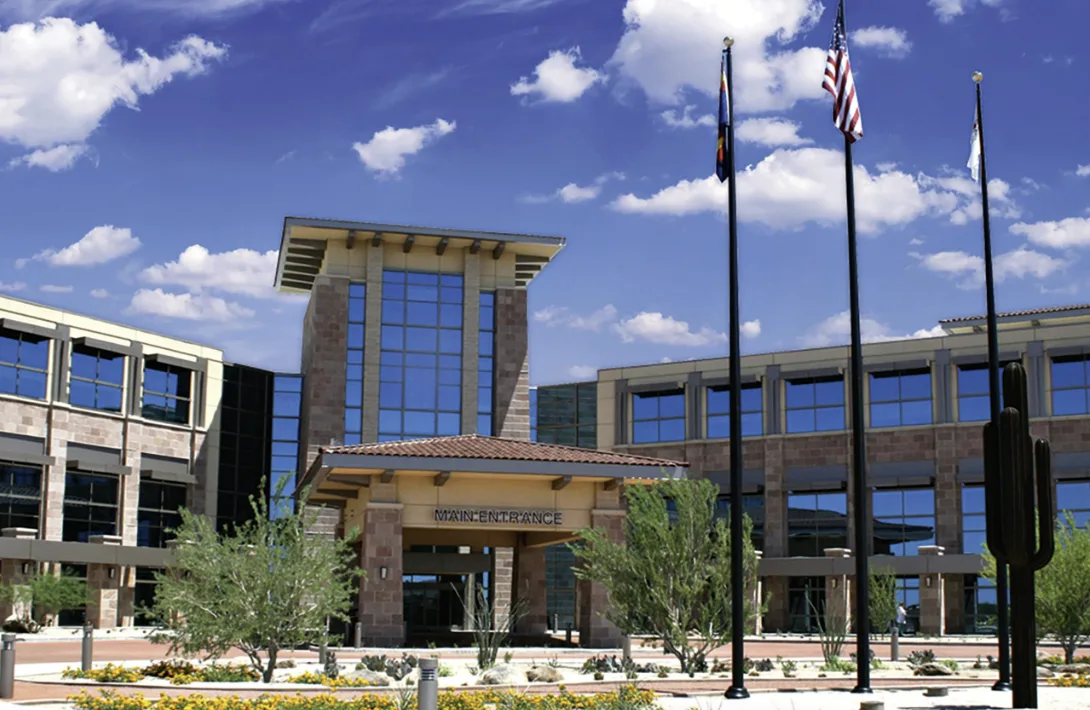Heart Transplant Near Clearlake – When it comes to life-saving procedures like heart transplants, finding the right care close to home can feel overwhelming. If you or a loved one is exploring heart transplant options near Clearlake, Texas, you’re not alone. Many people in the region face the same journey—and with the right guidance, support, and medical team, it’s a path filled with hope.
In this article, we’ll walk you through everything you need to know about heart transplant services near Clearlake. From top hospitals and transplant centers to real-life experiences and practical tips, this guide aims to provide a humanized, helpful perspective on what to expect.
Understanding Heart Transplants
A heart transplant is a surgical procedure where a diseased or failing heart is replaced with a healthy donor heart. It’s typically considered when other treatments for heart failure have not worked, and quality of life or survival is at risk.
Patients who qualify for a heart transplant usually have severe heart conditions such as:
- End-stage heart failure
- Congenital heart disease
- Cardiomyopathy
- Coronary artery disease
Heart transplants are complex and involve a multidisciplinary team of cardiologists, surgeons, nurses, and social workers.
List Of Top Heart Transplant Centers Near Clearlake, Texas
While Clearlake is a smaller area, residents have access to some of the best medical institutions in nearby Houston—just a short drive away. Here are the leading heart transplant centers serving the region:
1. Houston Methodist DeBakey Heart & Vascular Center
Located in the Texas Medical Center, about 30 miles from Clearlake, this hospital is internationally recognized for its cardiovascular care.
What Makes It Stand Out:
- One of the top-ranked heart programs in the country
- Offers advanced transplant and mechanical circulatory support options
- A dedicated transplant care team available 24/7
2. Texas Heart Institute at Baylor St. Luke’s Medical Center
Another world-class facility in Houston, the Texas Heart Institute has a long-standing reputation for excellence in transplant surgery.
Highlights:
- Performed thousands of heart transplants since 1982
- Integrates research and patient care seamlessly
- Provides comprehensive post-transplant follow-up services
3. Memorial Hermann Heart & Vascular Institute
A leader in cardiac care, this institute is affiliated with UTHealth and provides a strong transplant program.
Why It’s a Great Option:
- Personalized care plans for each transplant patient
- Offers bridge-to-transplant therapies
- Strong patient education and support services
Real-Life Experience: A Clearlake Resident’s Journey
“When my dad was diagnosed with end-stage heart failure, we didn’t know what to expect. Living in Clearlake, we were concerned about finding quality care nearby. We reached out to Houston Methodist, and from day one, the care was incredible. The doctors were honest and compassionate, and they explained everything clearly. Dad received his transplant eight months later. Today, he’s walking every morning and playing with his grandkids. We couldn’t be more grateful.” — Maria L., Clearlake resident
Stories like Maria’s are powerful reminders that proximity to care can make all the difference—not just physically, but emotionally.
Getting Started: Steps Toward a Heart Transplant
Here’s a practical breakdown of the steps involved:
1. Referral and Evaluation
Your cardiologist or primary care physician can refer you to a transplant center. The evaluation includes:
- Physical exams
- Blood tests
- Imaging (like an echocardiogram)
- Psychological and social assessments
2. Waitlist Registration
If approved, you’ll be placed on the United Network for Organ Sharing (UNOS) waitlist. Wait times vary based on your blood type, urgency, and other factors.
3. Waiting Period
You’ll need to stay in close contact with your medical team. Some patients receive mechanical support devices during this period.
4. Transplant Surgery
When a matching donor heart becomes available, you’ll undergo surgery. Recovery usually involves several weeks in the hospital and months of outpatient care.
5. Post-Transplant Care
Post-surgery care is critical. You’ll take immunosuppressive medications and have regular follow-ups. Most transplant centers offer support groups, nutrition counseling, and rehab programs.
Financial Considerations and Insurance
Heart transplants are expensive, often exceeding $1 million when accounting for pre- and post-operative care. However, insurance—including Medicare, Medicaid, and private plans—typically covers much of the cost.
Tips for Navigating Costs:
- Speak to a transplant financial coordinator early on
- Explore assistance programs through non-profits and hospitals
- Budget for travel, lodging, and lost income during recovery
Emotional Support and Resources
Heart transplantation isn’t just a physical journey—it’s an emotional one. Many patients and families benefit from:
- Support groups: Both in-person and online communities offer comfort and advice.
- Therapy and counseling: Dealing with the stress of waiting and recovery is easier with professional help.
- Spiritual care: Chaplain services are often available at transplant centers.
Final Thoughts
If you’re seeking heart transplant care near Clearlake, you’re in a strong position to access some of the nation’s best medical resources in nearby Houston. It’s a journey that demands strength, patience, and support—but countless families, like Maria’s, have walked this path and found new life on the other side.
The key is to stay informed, stay connected to your care team, and never be afraid to ask questions. With the right resources and people by your side, a heart transplant can be the beginning of a whole new chapter.
This article is created to support your website, https://uslatestnews.org, with original, helpful, and human-focused content. Let me know if you’d like to expand it further or add local healthcare contacts.


